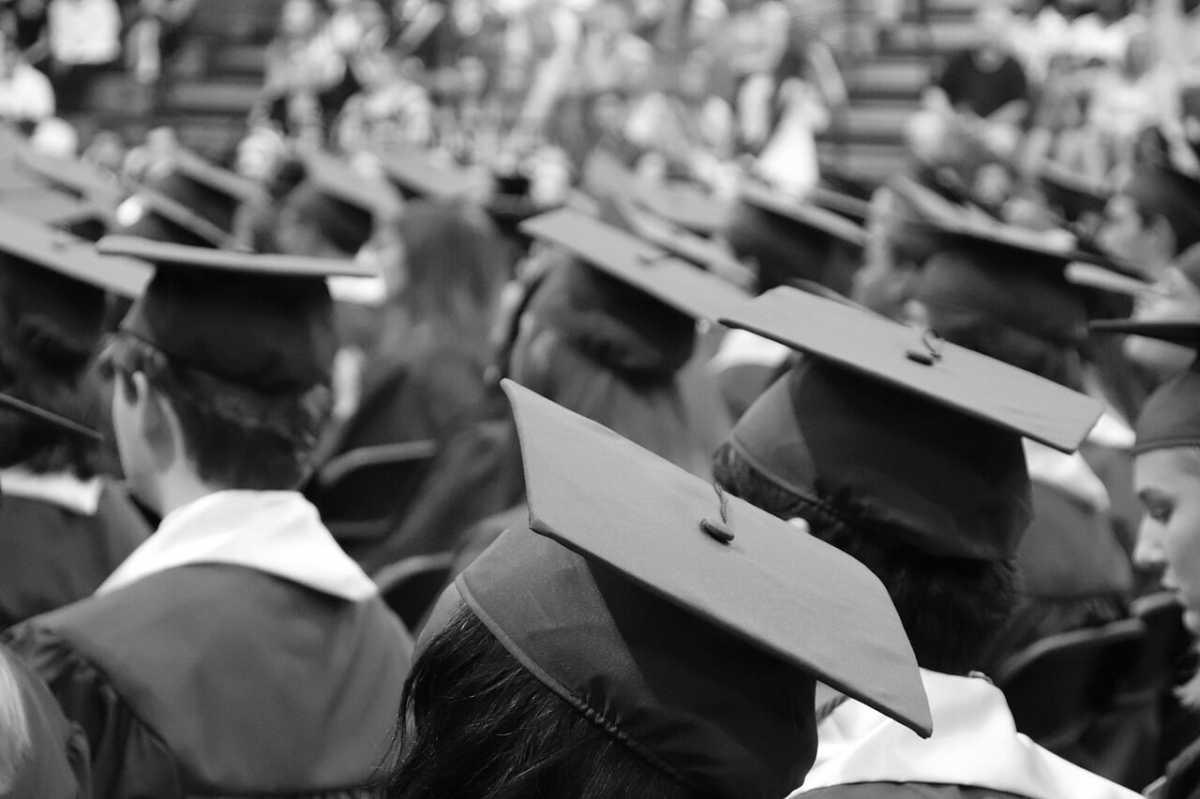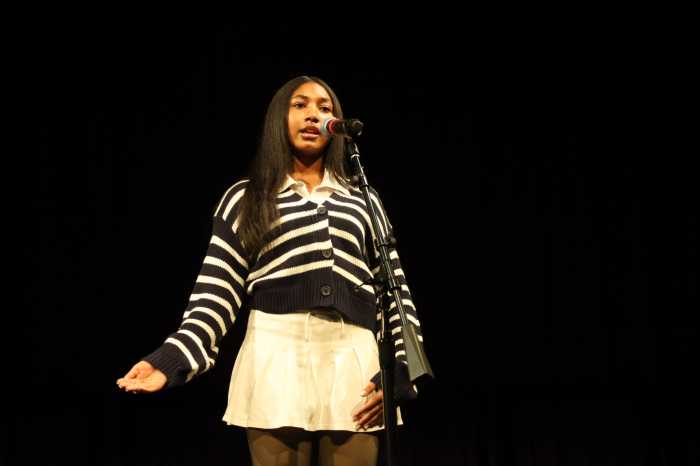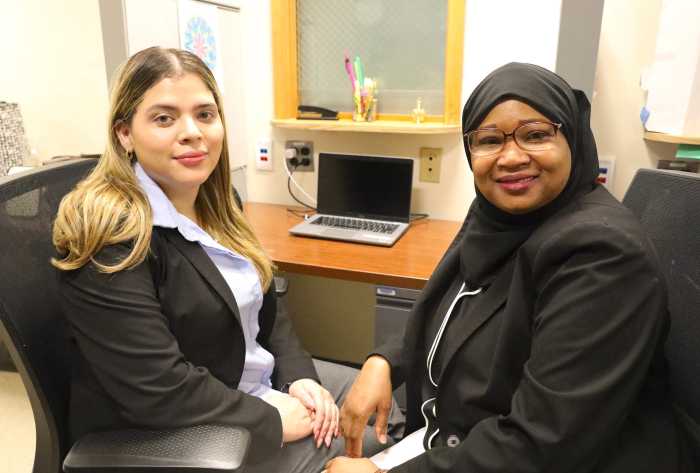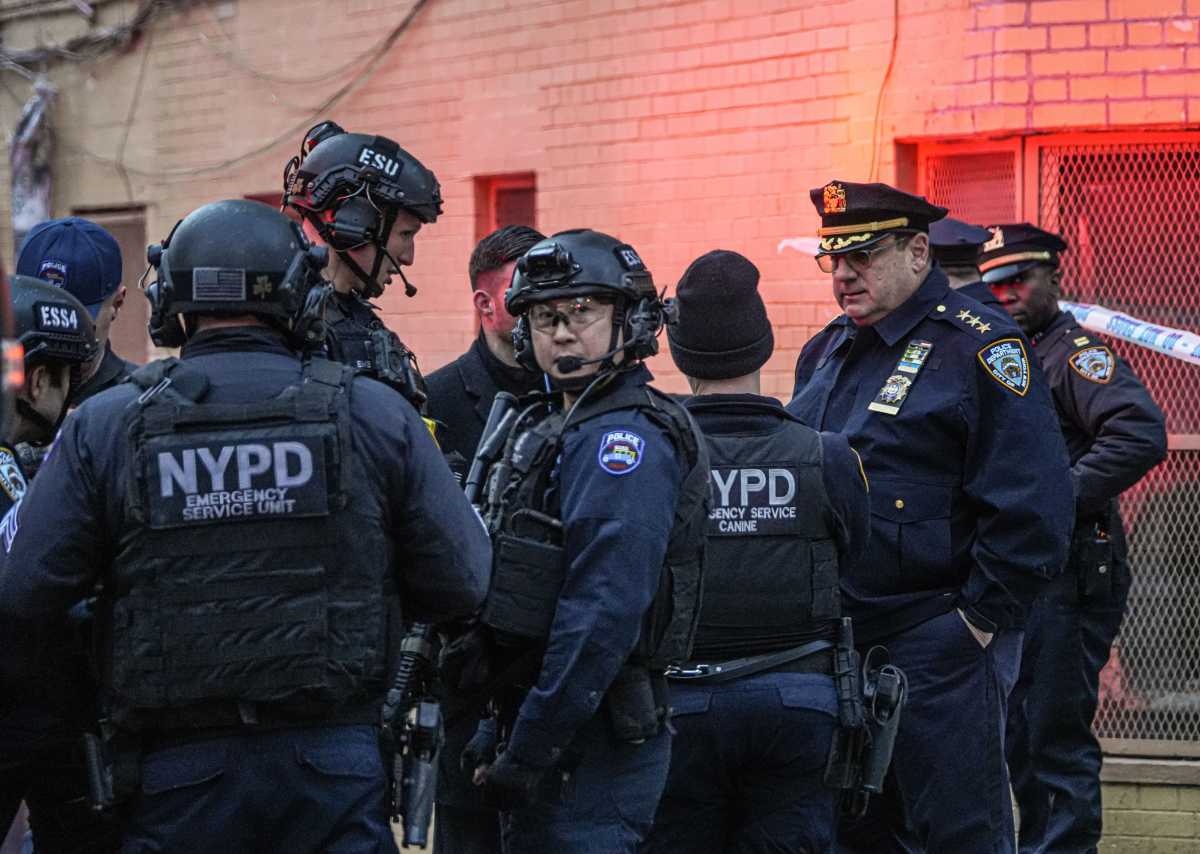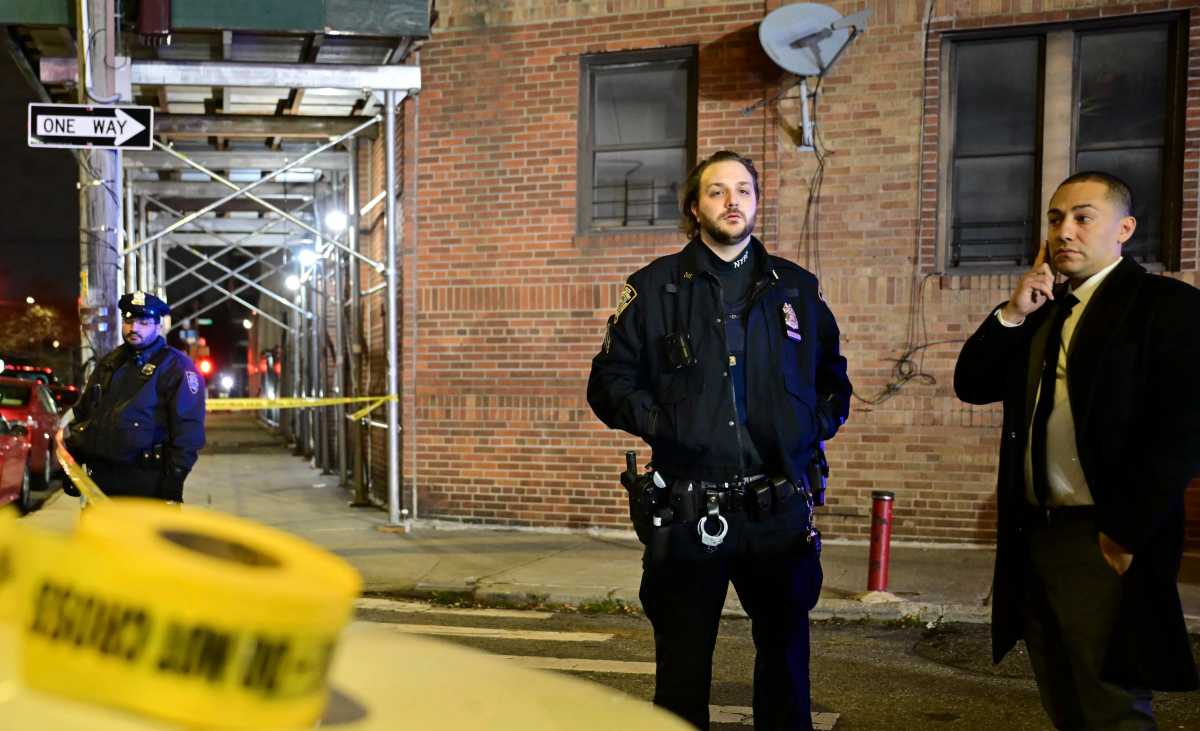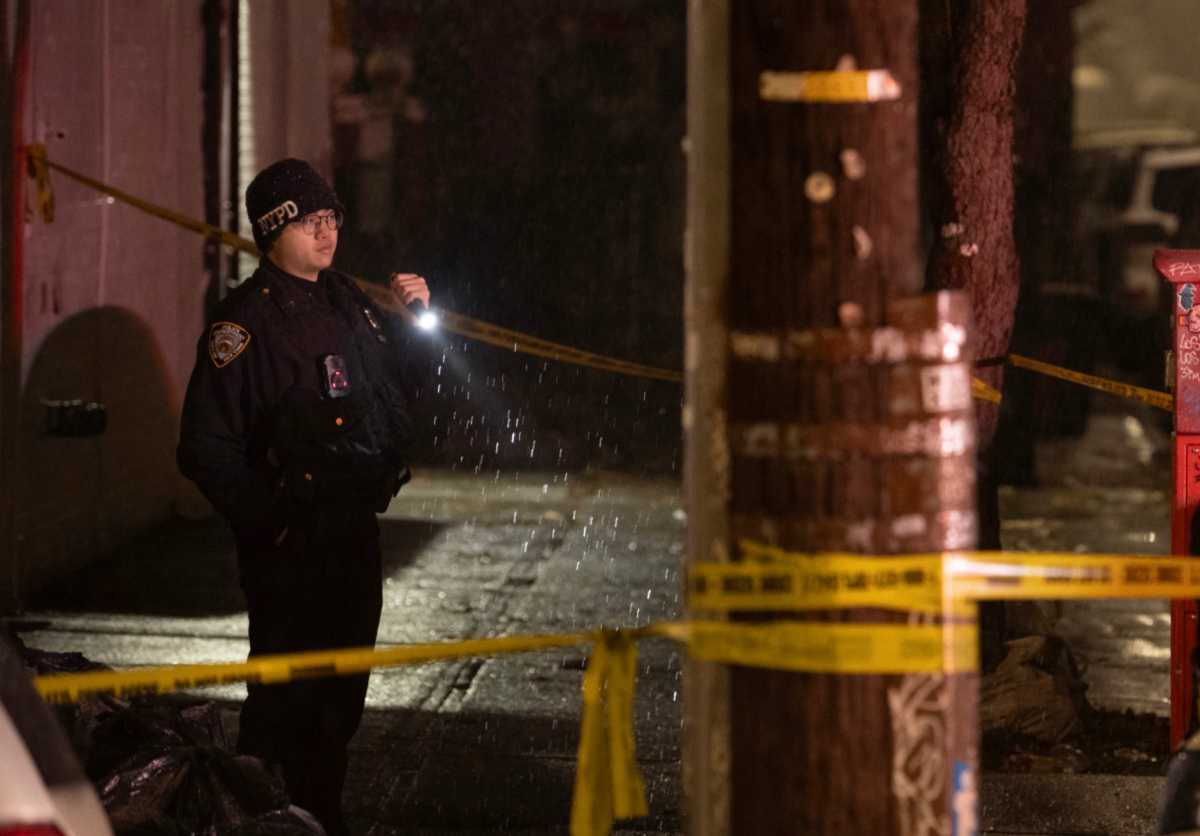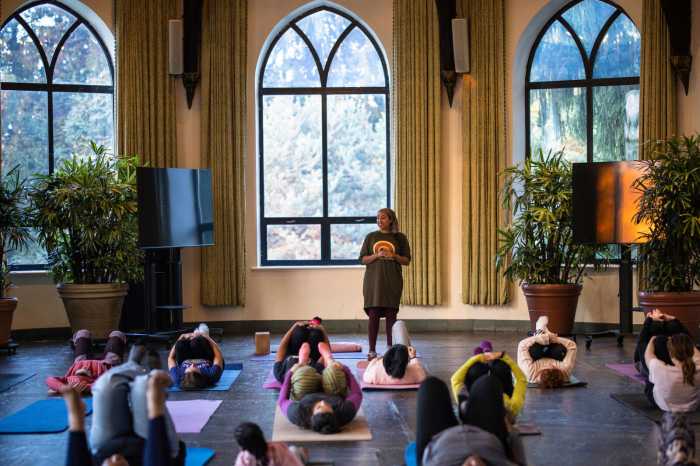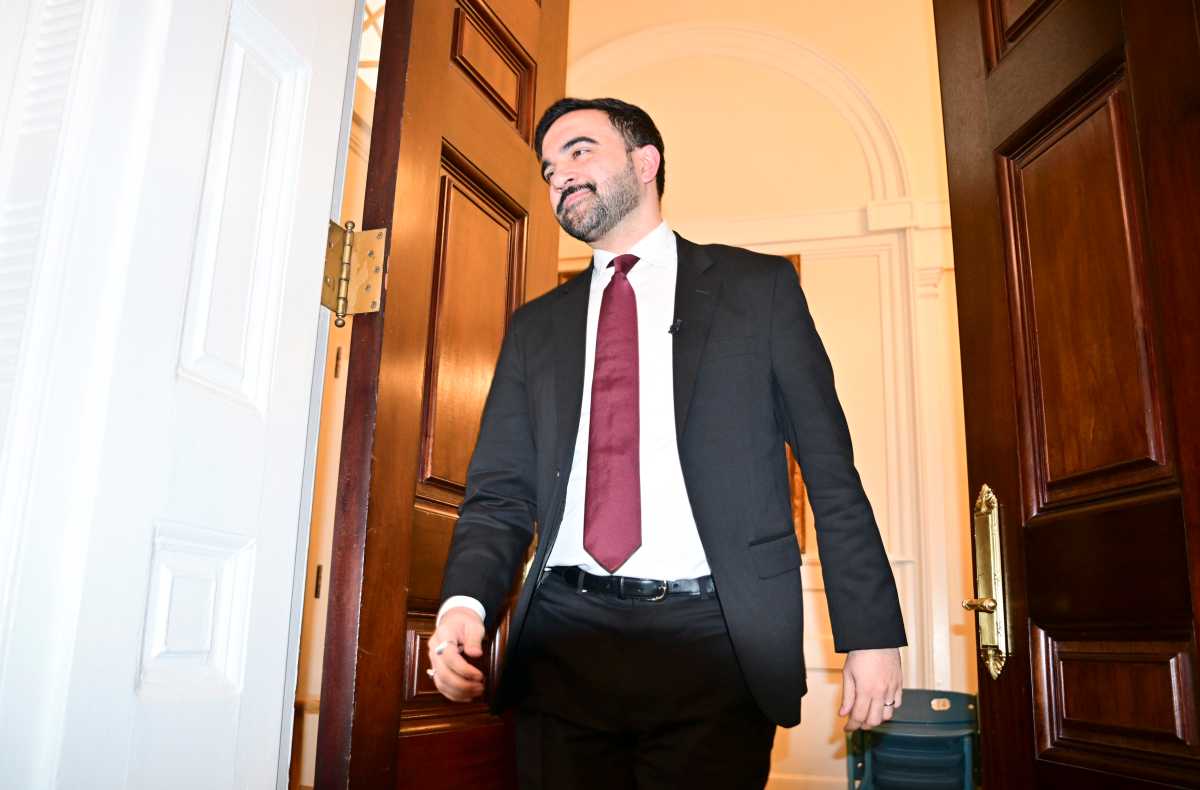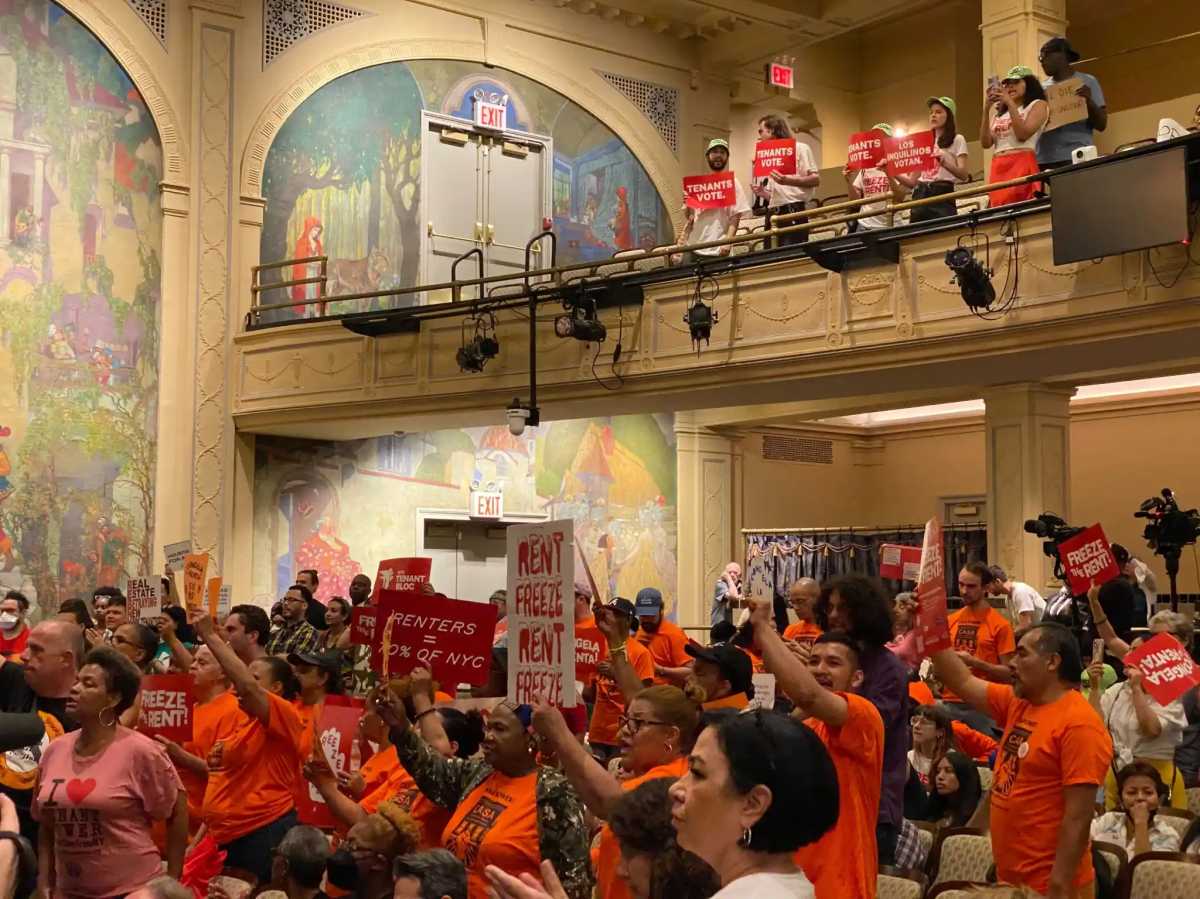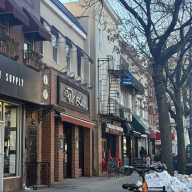Many Bronx residents who took out federal student loans to pay for college are struggling under the weight of their loan payments amid New York City’s affordability crisis and the looming threat of collections.
The Trump administration resumed efforts Monday to collect defaulted student debts, putting millions of student borrowers at risk of having their wages garnished or social security benefits and tax refunds seized.
Borrowers in the Bronx—and around the nation—who haven’t been making their student loan payments will start seeing notices from Federal Student Aid via email over the next two weeks instructing them to bring their accounts current or contact the contact the Default Resolution Group to enroll in an income driven repayment plan or a loan rehabilitation program. Borrowers who fail to address their loans will start to see the U.S. Treasury Dept. garnish wages and benefits later this summer.
The change in policy has many Bronx borrowers, particularly those struggling to keep up with their payments, worried about what could await them should they go into default.
For 22-year-old Sasha Holguin, who lives in Claremont and uses they/them pronouns, staying out of default has meant getting two jobs to be able to afford loan payments of almost $300 per month. Finding the jobs after leaving college was also not easy.
When Holguin graduated Allegheny College last year with a double major in political science and film studies, the 22-year-old told the Bronx Times it took months to get a job and that was at a coffee shop back in November.
“When I had just the one job, I was making less than $2,000 a month at that point,” Holguin said. “So, it was hard to pay that [loan] back, plus all of my other expenses right now.”
Since then, Holguin has taken a second job at a local nonprofit service provider as an office assistant. Despite being strapped for cash, the recent graduate is faring better than many other student borrowers.
The credit reporting agency Trans Union announced that the percentage of student loans that were more than 90 days past due ballooned during the five years after the pandemic to 20.5% up from 11.5% in 2020.
While current neighborhood level analysis of student loan data is not available, if historic trends continue, Bronx borrowers will be hit hard. A November 2018 analysis by the Department of Consumer Affairs found that the Bronx had the highest rate of student loans in collections among all boroughs, with 18% of loans in default.
The crisis has led borrowers in the borough to get creative to stay out of default. One user on a Bronx social media page said she went back to school to avoid defaulting on her payments.
“The job market has been brutal, and the interim jobs have been low paying, so going back to school felt like my only option,” she said in a message to the Bronx Times.
But the Trump administration’s message to borrowers has been clear – you can’t hide from student loans.
“American taxpayers will no longer be forced to serve as collateral for irresponsible student loan policies,” said U.S. Secretary of Education Linda McMahon in a statement, taking shots at the Biden administration’s extended repayment pause and failed executive order to cancel student debt.
Bronx City Council Member Eric Dinowitz, who chairs the Higher Education Committee, told the Bronx Times that if the federal government wasn’t interested in making a college degree affordable to New Yorkers, lawmakers would have to take it on at the city level. He said in addition to supporting programs that let students attend CUNY schools for free, he’s advocating for funding to waive smaller fees that can be a barrier to college for low-income students.
Dinowitz said that setting students up for successful careers with an affordable degree is good for the entire city.
“ When they [students] graduate with more certifications, more qualifications, they provide more money to the tax base of New York City, and they’re less likely to be on public assistance,” Dinowitz told the Bronx Times. “It saves us money to invest in our students.”
He criticized the Trump administration for the new policy saying that the president was “single handedly making life more expensive for millions of New Yorkers.”
“ What Trump has shown time and again is his policies are not well thought, out,” Dinowitz said. “They impact most detrimentally, the people who need the most support. And what we’re gonna see is less money for Bronxites to spend on things like housing and food.”
Holguin is worried about what the future might bring, with student debt piling up on top of all the other expenses.
“ I’m looking at the cost of apartments,” Holguin said. “I’m looking at what jobs are offering. I’m looking at how much my loans are and how much I have to pay my credit card, and I’m getting dizzy just thinking about it.

